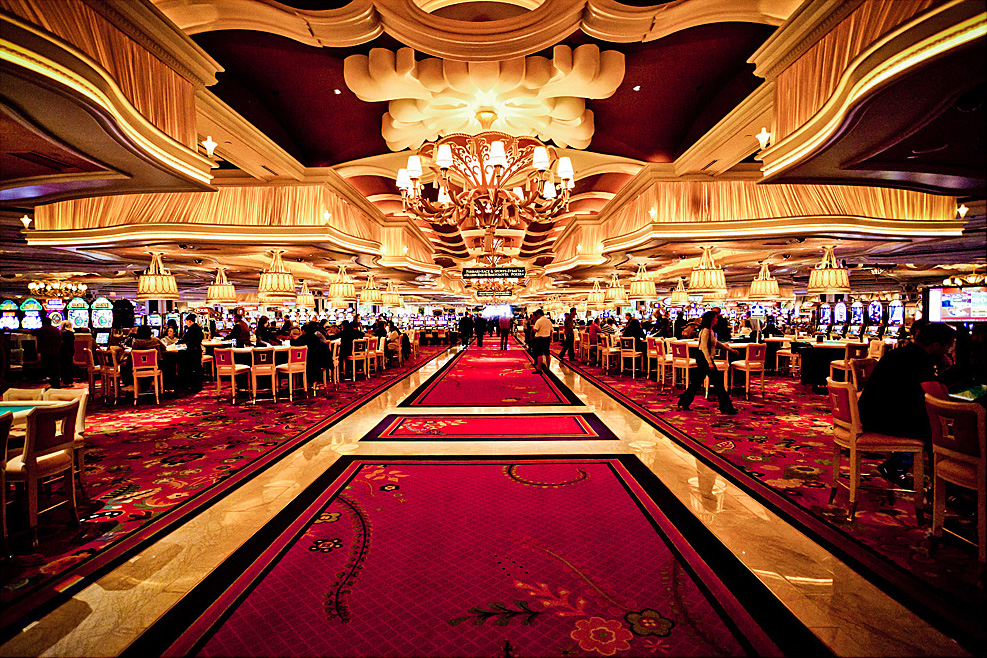
Gambling games have consistently attracted a wide range of players, offering not only the excitement of risk but also a distinct experience tailored to diverse types of players. Including analytical thinkers who excel at calculation and skill to recreational players in search of entertainment, casinos recognize the subtleties of their audience and create games that meet these differing preferences.
In delving into the universe of casino gaming, we encounter a diverse array of game types that attract all types of players. Competitive poker tables draw those who are competitive, while vibrant slot machines draw in players who seek instant gratification. Whether it be the chance to win big or simply enjoying the community feeling, casinos create their game offerings to ensure that all players find a place where they feel welcome and involved. Comprehending how these games cater to diverse types of players can enhance not only our appreciation of them but also our approach to choosing which games to play.
Comprehending Participant Types
In the diverse world of gambling entertainment, players can be grouped into distinct categories based on their drives and likings. These player kinds range from the laid-back and community-oriented gamers, who enjoy the entertainment value and community engagements that gambling provides, to the more analytical and analytical players, who seek to maximize their probabilities and winnings. Understanding these different player types is essential for casinos to adapt their games and build engaging environments.
One frequent type is the communal player, who views casino games as a form of community interaction and enjoyment rather than a high-stakes gambling endeavor. luck 8 These gamers often enjoy games that encourage involvement and togetherness, such as poker. Their attention is on the experience rather than the outcome, so lively settings and shared moments are what they hold dear the most.
On the contrary end of the spectrum, strategic players are motivated by contest and the pursuit of skill. They tend to be drawn toward games that necessitate tactical planning and strategy, such as poker, where their skills can affect the conclusion. This type often interacts with the games on a deeper level, utilizing knowledge and tactics to achieve an edge. Comprehending these drives allows casinos to create environments and game selections that suit to each player’s individual preferences.
Game Design Strategies
Casino games are created with diverse player types in mind, employing various strategies to attract and capture them. For recreational players, the focus is on ease and ease of understanding. Games like slot machines are frequently visually appealing with straightforward mechanics. This enables players to experience the experience without a steep learning curve, creating an welcoming atmosphere. The bright colors, catchy sounds, and thematic elements create a playful environment where players can easily get involved and entertained.
For tactical players who enjoy a more profound level of involvement, games such as Texas Hold’em and blackjack offer complexity and skill-based elements. These games feature strategy and decision-making, attracting to players who excel on competition and want to utilize their cognitive abilities. The design of these games often includes complex rules and mechanics that test players to refine their skills and develop strategies over time, resulting in a fulfilling experience for those who enjoy perfecting the game.
Furthermore, social players are catered to through games that emphasize interaction and community. This comprises live dealer games and multiplayer games, which cultivate a sense of camaraderie among players. The design of these games often includes communication tools and communal aspects, allowing players to interact and exchange insights. By building an environment where interaction is promoted, casinos can effectively involve social players, making the gaming experience more pleasurable and memorable.
Improving Player Satisfaction
Betting titles have progressed significantly to provide a significantly engaging atmosphere for participants. Application designers focus on stunning graphics, rich audio effects, and innovative gameplay features that draw gamers into the casino atmosphere. By employing tech, such as virtual reality and enhanced reality, gaming establishments ensure that gamers feel as if they are part of a exciting experience, enhancing in addition to the fun of the activities but also the entire experience of being in a casino.
Community engagement is another key aspect in enhancing participant engagement in betting games. Many options are crafted to promote engagement among players, whether through multiplayer formats or chat features. This social aspect attracts gamers who enjoy connecting with fellow players while playing, fostering a feeling of community. Moreover, community aspects can feature ranking systems, tournaments, and prizes for team play, which capture competitive players and motivate them to come back for more.
Finally, personalization plays a crucial role in tailoring the experience for different gamer demographics. Casinos and title creators study player behavior and tastes to provide tailored gaming recommendations and incentives. By understanding the distinct tastes of participants, gaming establishments can offer tailored offers, rewards, and fresh games that resonate with each gamer, thus improving their overall satisfaction and devotion to the betting establishment.
